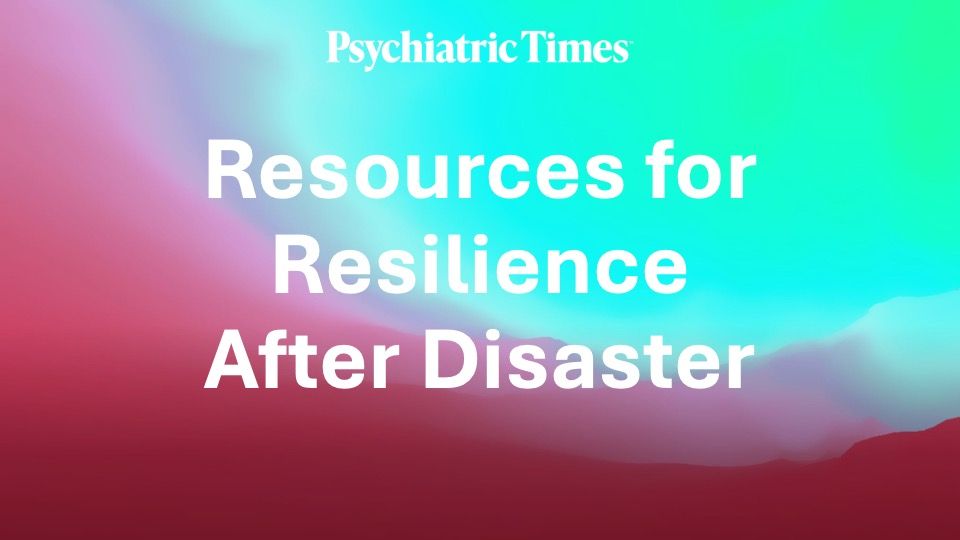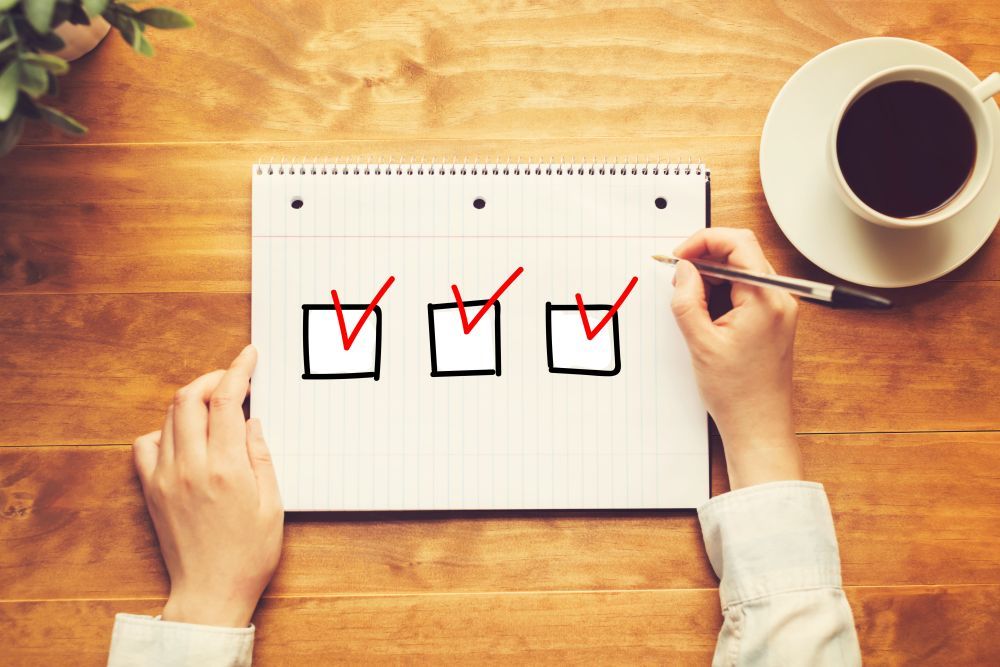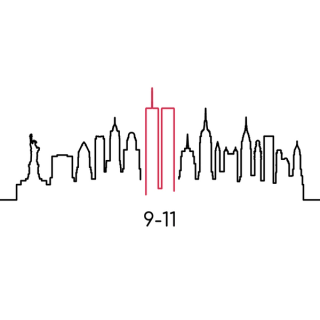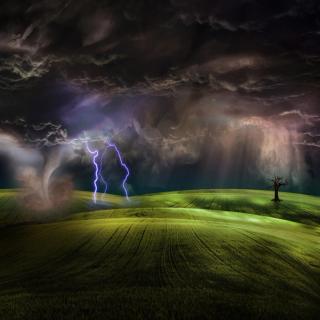
Disaster Psychiatry
Latest News
Latest Videos
Podcasts
CME Content
More News

It is not just a day.
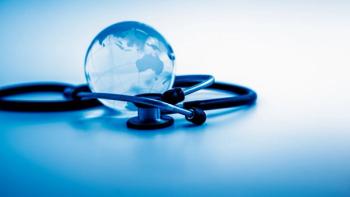
The pandemic has triggered an array of emotional, physical, and economic issues but in the midst of this crisis, nations have shared and learned from each other’s experiences.
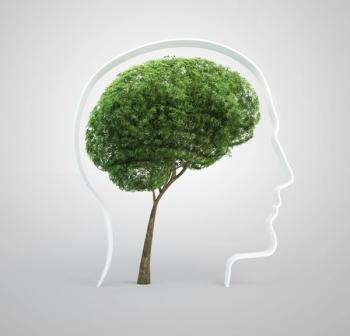
From disasters and social disruptions to existential concerns, climate distress groups may not only provide much-needed support to patients but may also help psychiatry’s public health responses.
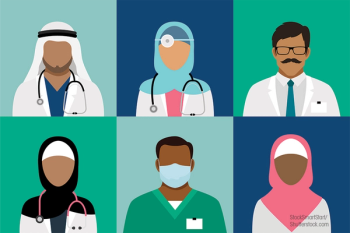
We have learned that in order to provide much-needed social support during difficult times, organizations should prepare to take certain steps.

Society’s psychological reactions to a crisis can be predicted according to disaster response frameworks, which can be used to understand what to build during the evolving COVID-19 crisis, and when those innovations will prove most vital.

What is a “normal” reaction to this pandemic? How does one adapt to a new normal? How does an organization that has to downsize drastically adjust successfully, especially after the “honeymoon period”?

Most of us remember where we were when the terrorist bomb shattered our sense of peace in this usually quiet community. The shockwave travelled for miles and across time.
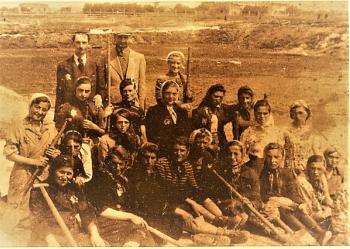
For an inspiring model of communal hope and resilience under a dire threat to survival over COVID-19 fears, the author turns to the Fekalists, the prisoners condemned to be sanitation workers in the Lodz ghetto in Nazi-occupied Poland, his parents among them.
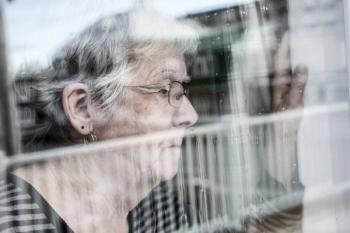
What can psychiatrists do to help their patients cope with self-quarantine and isolation practices? More in this podcast.

These are hard times, but they get a little easier when we make the decision to unite and go through them together.
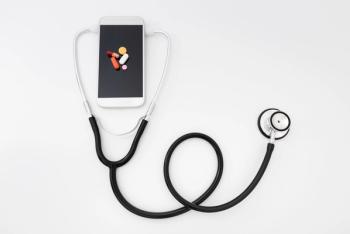
Psychiatrists are exploring ways to best serve their patients while complying with the medicolegal restrictions of the coronavirus. Here: approaches to best leverage telemedicine for patients with ADHD.
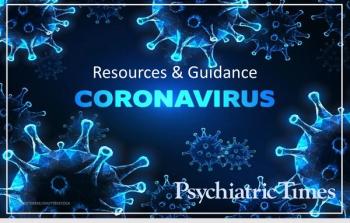
Psychiatric Times has collected information to answer your most pressing questions, including how to prepare your office and staff, resources for patients, and information you need to implement telepsychiatry.
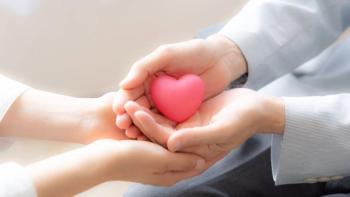
In this time of uncertainty, sometimes we need to refocus on what’s important. Take a deep breath, and then tell us, what do you think of when you see this image? An image IQ.
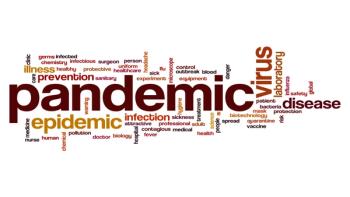
Psychiatric Times wants to know how the pandemic is impacting your practice and your lives.

Psychiatrists must have a basic understanding of the pathophysiology of coronaviruses in order to be able to accurately explain and discuss those issues with their patients, especially as mental health ramifications are expected.
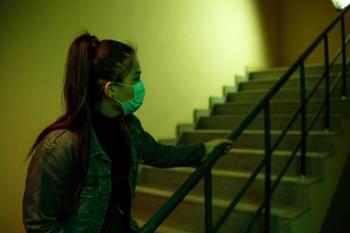
Psychiatrists are uniquely situated to help both their patients and the greater community understand the potential impact of the virus and help patients, families, and society deal with this latest threat.

The World Health Organization has officially declared COVID-19 a pandemic, the first precipitated by the coronavirus.
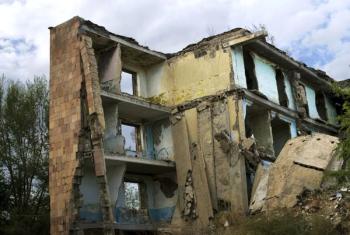
What can psychiatrists in the US do to better prepare themselves and their patients for potential natural disasters? A research psychiatrist answers that question and more in this Psychiatric Times exclusive.
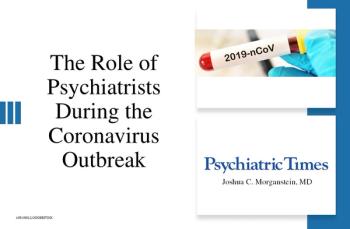
Emerging infectious disease outbreaks cause significant fear and uncertainty. Psychiatrists can play an important role in supporting the well-being of patients and families, health care personnel, and the general public.
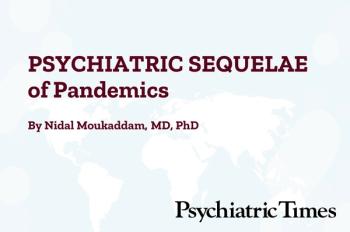
Psychiatrists are likely to encounter patients with depression, anxiety, and paranoia related to communicable diseases and pandemics. Following is a summary of memorable epidemics/pandemics.
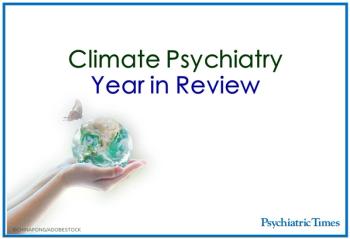
Climate medicine: What was once on the radar of just a handful of physicians has exploded into awareness, alarm, and sometimes debate and skepticism. No matter how you look at it, psychiatrists are on the front lines.
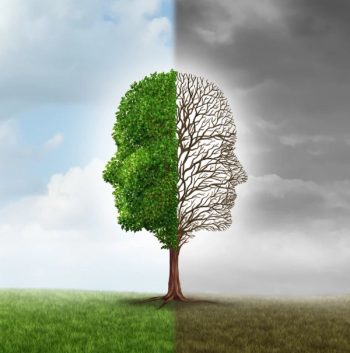
Hurricane Maria was the wakeup call many Puerto Ricans needed to become active in social justice efforts. Their story serves as an example of transformational resilience.
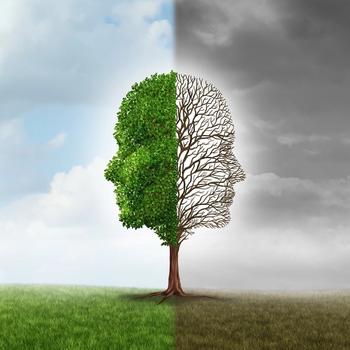
Hurricane Maria was the wakeup call many Puerto Ricans needed to become active in social justice efforts. Their story serves as an example of transformational resilience.

Despite the outpouring of support, are survivors of mass shootings getting the care they really need?
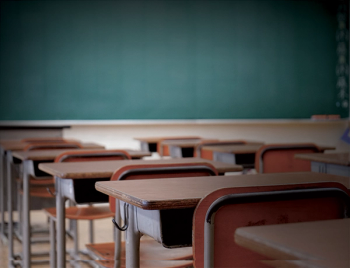
The impact of school shootings extends far beyond the directly affected school and community. What can we do to help survivors and family members?



